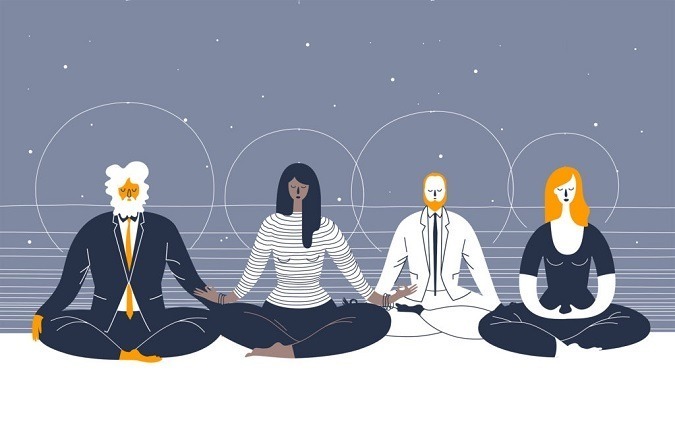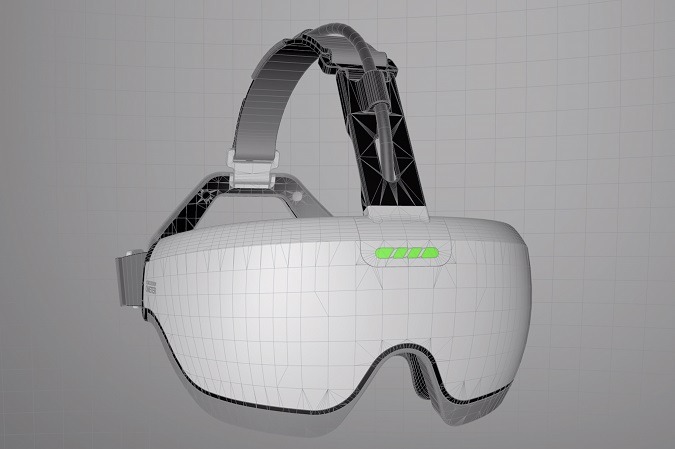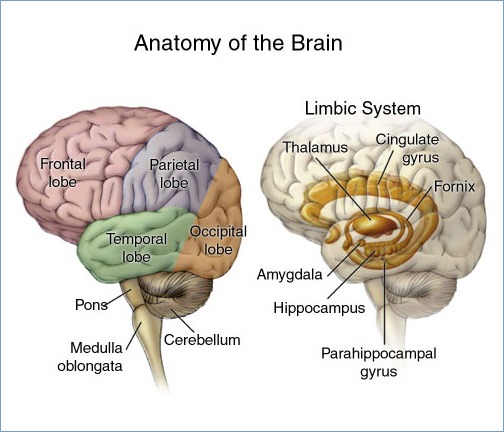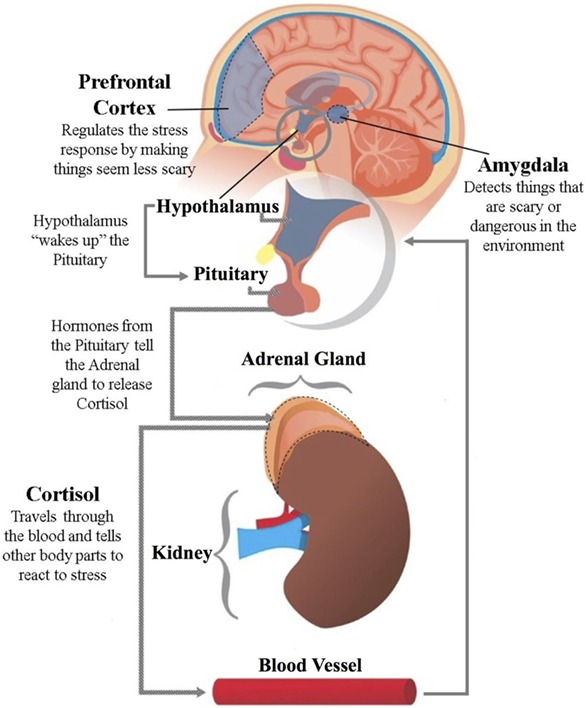Posts Tagged ‘brain’
Seven evidence-based reasons to start meditating yesterday
Yes, starting today is OK too. I started meditating soon after 9/11. I was living in Manhattan, an already chaotic place, at an extremely chaotic time. I realized I had no control over my external environment. But the one place I did have a say over was my mind, through meditation. When I started meditating, I…
Read MorePortable brain assessment device by Headsafe secures 510(k) FDA clearance
__ FDA Clears Nurocheck, Portable Device to Quickly Assess Brain Health (MS News Today): “A portable device that can quickly measure electrical activity in the brain and relay it to doctors via a smartphone app, called the Nurochek system, has been cleared by the United States Food and Drug Administration (FDA) for use as a medical…
Read MoreQ&A with Rick Hanson on Neurodharma, brain science, personal practice and well-being
Psychologist and neuroscience expert Rick Hanson studies the mental resources that promote resilience, from calm and gratitude to confidence and courage. According to Hanson, the coronavirus crisis is exposing some of our psychological vulnerabilities, and reminding us how important it is to nurture our social and emotional strengths. In his new book, Neurodharma, Hanson writes about how we can…
Read MoreUpdate: Moderate lifetime drinking may lead to lower Alzheimer-related beta amyloid deposits in the brain
__ Time for a new edition of SharpBrains’ e‑newsletter. #1. First of all, it’s not all bad news this month. Study finds that moderate lifetime drinking may lead to lower Alzheimer-related beta amyloid deposits in the brain #2. And, talk about personalized medicine! This fascinating study showing how brain imaging (fMRI) + machine learning + intensive, non-invasive…
Read MoreThe frontal lobes, the little brain down under and “Stayin’ Alive” (3/3)
__ [Editor’s note: Continued from Exploring the human brain and how it responds to stress (1/3) and On World Health Day 2020, let’s discuss the stress response and the General Adaptation Syndrome (2/3)] More on the Cortex, the Limbic System, and Stress: The cortex is made up of four major sections, arranged from the front…
Read MoreOn World Health Day 2020, let’s discuss the stress response and the General Adaptation Syndrome (2/3)
_______ [Editor’s note: Continued from yesterday’s Exploring the human brain and how it responds to stress (1/3)] Stress was put on the map, so to speak, by a Hungarian — born Canadian endocrinologist named Hans Hugo Bruno Selye (ZEL — yeh) in 1950, when he presented his research on rats at the annual convention of…
Read More





